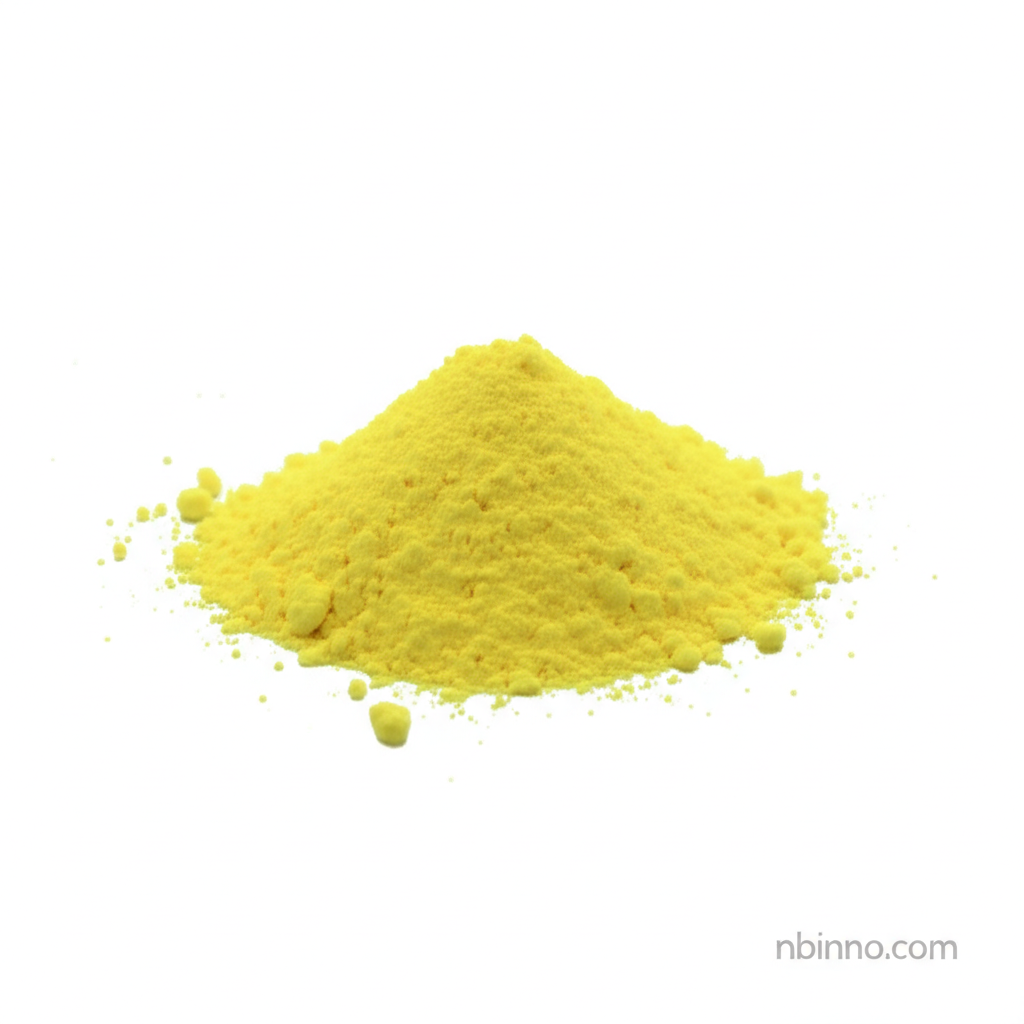4-(Trifluoromethyl)nicotinic Acid: A Versatile Intermediate for Pharmaceutical and Agrochemical Synthesis
Explore the key properties and applications of this vital organic synthesis intermediate.
Get a Quote & SampleProduct Core Value

4-(Trifluoromethyl)nicotinic acid
4-(Trifluoromethyl)nicotinic acid is a crucial organic intermediate valued for its unique trifluoromethyl group, which significantly enhances its reactivity and solubility in a variety of organic solvents. This characteristic makes it an indispensable building block in the synthesis of complex molecules, particularly within the pharmaceutical and agrochemical sectors.
- Discover the extensive utility of 4-(trifluoromethyl)nicotinic acid synthesis in creating novel drug candidates.
- Learn about the diverse uses of trifluoromethyl pyridine carboxylic acid in modern chemical applications.
- Understand why pharmaceutical intermediate 158063-66-2 is a sought-after compound for drug development.
- Explore the role of agrochemical building blocks like trifluoromethyl compounds in crop protection.
Key Advantages
Enhanced Reactivity and Solubility
The presence of the trifluoromethyl group in 4-(trifluoromethyl)nicotinic acid significantly boosts its reactivity and improves its solubility, facilitating more efficient chemical reactions in the development of specialized organic synthesis intermediates.
Crucial for Biologically Active Molecules
This compound acts as a vital building block for the creation of biologically active molecules, playing a key role in both pharmaceutical intermediates and agrochemical applications, making it essential for advancements in these fields.
Improves Drug Efficacy and Stability
By contributing to lipophilicity and metabolic stability, 4-(trifluoromethyl)nicotinic acid aids in designing drug candidates with improved efficacy and longevity, underscoring its importance in pharmaceutical development.
Key Applications
Pharmaceutical Synthesis
Leverage the power of 4-(trifluoromethyl)nicotinic acid synthesis to create advanced pharmaceutical intermediates, critical for developing new therapeutic agents.
Agrochemical Development
Utilize this essential agrochemical building block to formulate effective herbicides and pesticides, contributing to improved crop protection and yield.
Material Science
Incorporate this compound into advanced materials, benefiting from its inherent thermal stability and chemical resistance for diverse industrial applications.
Analytical Chemistry
Employ 4-(trifluoromethyl)nicotinic acid as a reliable reagent in analytical methods, ensuring accuracy and precision in laboratory analysis.
